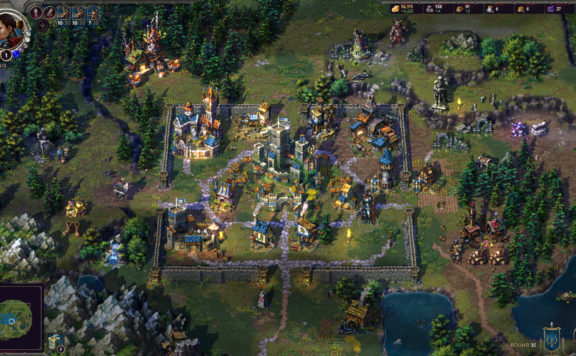Over the years, there have been several concerns over video games and their social effects on children. These concerns are legitimate considering that these games impact the real-life social interaction of these children through which they are supposed to learn critical social skills such as listening, sharing and cooperating, responding, appropriate assertiveness, recognizing non-verbal cues, regulating behaviors, and emotions, etc.
Even with the negative press it gets, there is also evidence to show that video gaming can also be beneficial for kids in some ways. For instance, having kids play some action video games helps to improve their visual-spatial skills. Video gaming also opens a new opportunity to be used to teach academic subjects.
This makes video gaming a two-edged sword, and its effect on the kids could depend on the type of games they play.
Does playing pro-social video games help children to be friendlier?
This is a question that Douglas Gentile, with help from his colleagues, sought to answer in their study. The study looked to establish a link between video games and child behavior and if playing pro-social video games can help the kids be more helpful and sympathetic.
During the research, which took place in Singapore, the researchers surveyed over 700 middle school students, and they asked the children to mention their top three best video games, estimate the amount of time they spend playing the game, and rate the level of help or hurt that players render to each other in all three games.
Each child’s pro-social behavior and attitudes were then tested by having the kids respond to certain statements whether they agree with them or not. An example of the question is whether or not they feel happy to share their things with other kids. Their interpretation and reaction to several social scenarios were also tested. For instance, what it would mean to the kids if someone broke their watch.
They concluded the research and published the report in custom writing, stating that kids playing pro-social video games displayed more pro-social behaviors. So when they come across or experience specific social scenarios, they are unlikely to attribute or show hostile intentions towards other people.
On the other hand, kids that spend most of their time with violent video games display fewer pro-social skills and have a higher tendency to attribute hostility to other people.

Is there a link between more video gaming and less social competence?
While most people tend to worry about the effects of video games on children, it is also essential to consider it the other way around. So, we need to also ask about how children’s social competence or social skills influence video gaming.
According to some researches in Norway working on the social effect of video games between children between the age of eight and ten and their social competence two years later, there are three possible ways to explain this:
- Need to belong: they find that some children that struggle to have face-to-face interactions with people may try to connect with people online in psychologically safer and easier ways. It allows them to maintain anonymity, gives them more control, and they have fewer nonverbal cues to try and decode.
- Need to escape: video games may be an escape mechanism for these children because they are extremely absorbing.
- Need for achievement and mastery: when children suffer from low self-esteem in real life, they may turn to video games to give them a sense of accomplishment. So, there is a link between video gaming and low self-esteem.
The results of these studies have raised several questions, but most importantly, they have helped to solve the myth around video games that only harm children’s social skills. The nature of the game determines the kind of social impact that it has on the kids. Another essential factor to note is how the kids interact with themselves, not just the length of time they spend interacting. These studies may not have examined this, but it is worth pointing out.
Lastly, it is worth pointing out that the consequence of kids committing themselves to video games is not limited to social effects. It may also affect the cognitive development of the child. The personal characteristics of each child individually and the environment they are raised in are also crucial as they may play a part in the social effects of video games on the kid.
Conclusion
Video gaming may not be as bad as the amount of bad press it has received over the years. How the children are allowed to play, and the kinds of games they play may have been wrong all along. Allowing the kids to focus on pro-social games is a good use of video gaming as it would help them build their pro-social skills over time. In this case, it would have a positive social impact on them compared to when they are exposed to violent games. So you don’t have to stop them from playing video games, make sure to choose the right game for them.
Author Bio
Eun Rockwell is a blogger and academic writer from the UK who works with an essay writing service to pay someone to do an assignment. She likes trying new subjects and is always focused on proving her worth in new and challenging writing areas. Her hobbies are reading books and traveling. You can reach her via Twitter @rock_eun_.







